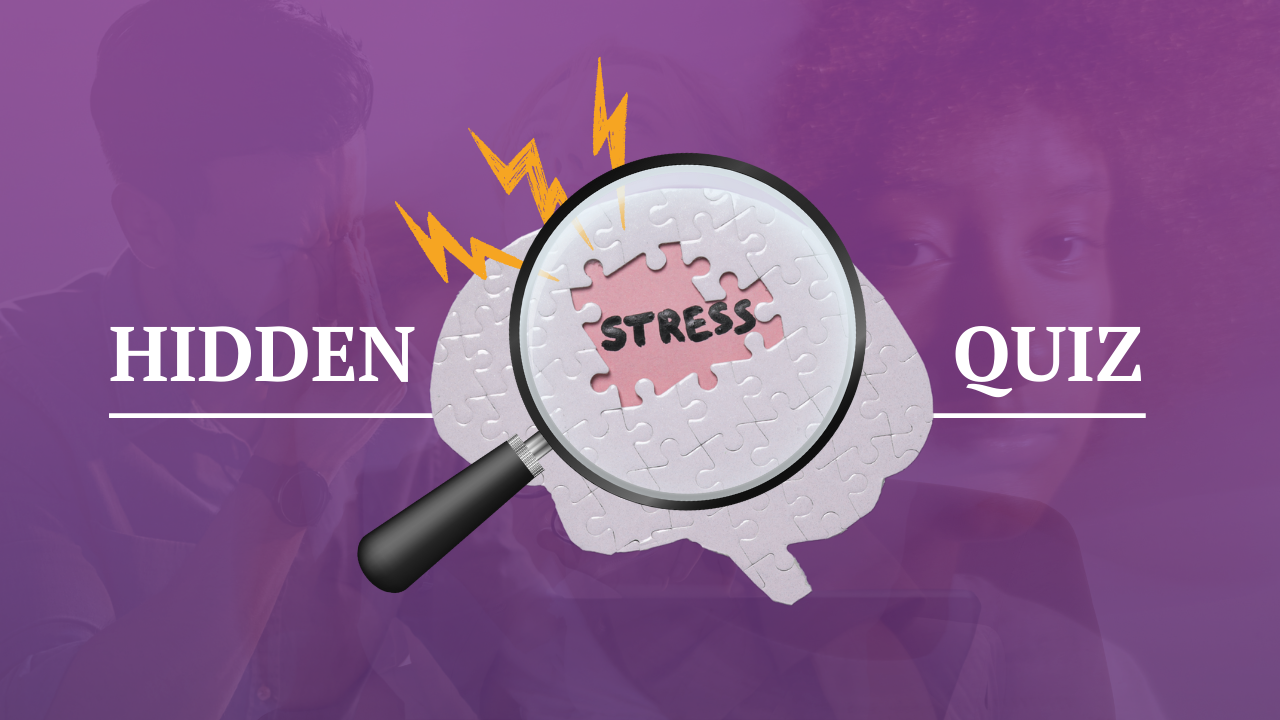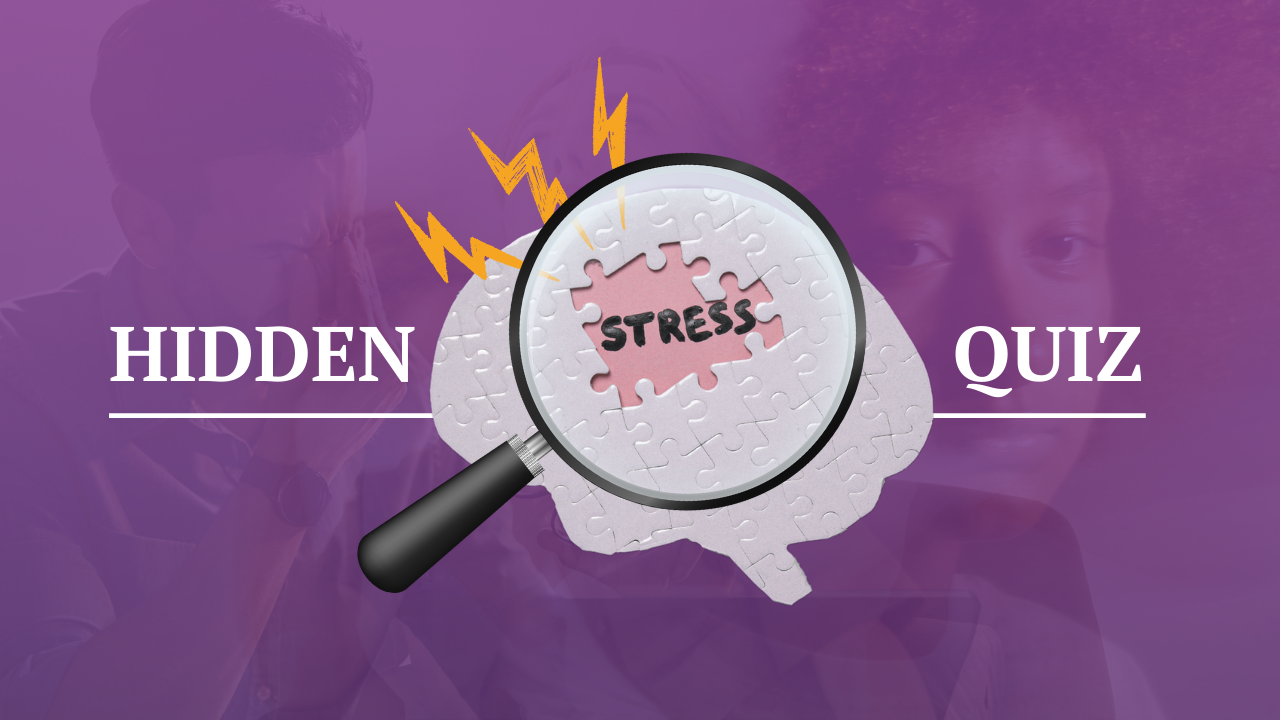Recharge and Prevent Burnout This Holiday Season: A Therapist’s Guide to Restoring Balance
Dec 18, 2024
I remember one of my clients, whom I'll call “Maya” (name and identifying details have been changed), walking into my office just before the holiday season last year. She looked completely drained, emotionally and physically. Maya had a demanding job in healthcare and had pushed herself to the limit throughout the year, taking little time to pause or recharge. By December, she was on the edge of burnout, unsure of how to use the upcoming holiday break to actually restore her energy. As we talked, it became clear that Maya was struggling with a common dilemma: how to truly rest and recharge during a time that, for many, can be just as stressful as it is joyful.
For people who have had an especially demanding year, like Maya, the holiday season can feel like both a relief and a burden. The societal expectation to be constantly busy — even during a break — can make it difficult to step back, relax, and recover. In this blog, I’ll share strategies to use the holiday season to recharge and prevent burnout, offering insights into how to prioritize rest, embrace mindfulness, and set healthy boundaries.
The Importance of Recharging During the Holidays
Holidays are often seen as a time for family gatherings, festive activities, and giving to others. While these can be joyful aspects of the season, they can also contribute to stress, especially when you’ve been running on empty for months. According to a study by Salanova et al. (2006), burnout can develop when the demands placed on an individual consistently exceed their ability to cope, leading to emotional exhaustion, depersonalization, and a sense of reduced personal accomplishment.
Taking the time to recharge is not a luxury but a necessity. Research from the American Psychological Association (APA) shows that chronic stress, including burnout, can weaken the immune system, increase the risk of chronic illness, and significantly diminish overall well-being (APA, 2019). The holiday season offers an opportunity to replenish your energy, but only if you approach it with intention.
1. Set Boundaries Around Your Time and Energy
One of the first things I worked on with Maya was setting clear boundaries around her time and energy. She had a tendency to say yes to every holiday invitation, volunteer for extra shifts, and spend hours shopping for the perfect gifts. For people like Maya, the holiday season becomes yet another series of tasks to check off a list, rather than a time to rest.
Setting boundaries is essential for preventing burnout. This might mean saying no to certain gatherings or delegating tasks that you don’t need to handle on your own. A study by Sonnentag et al. (2010) suggests that recovery from work is most effective when individuals actively disengage from stressors and set limits on their obligations. The same applies to the holiday season. By protecting your time, you create space to focus on what matters most to you — including your own well-being.
Suggestion: Make a list of your priorities for the holiday season. Include activities that bring you joy and recharge your spirit. Then, practice saying no to anything that doesn’t align with these priorities, even if it’s difficult.
2. Practice Intentional Rest
Rest is often misunderstood as simply doing nothing, but true rest is intentional. It involves creating environments and practices that allow your mind and body to reset. Maya had spent her weekends "resting" by lying in bed with her phone, scrolling through social media and news. But this passive form of rest wasn’t helping her feel more energized.
We worked on developing more active forms of rest for Maya, such as spending time in nature, reading a book she enjoyed, or practicing meditation. Studies show that mindfulness practices, such as meditation and deep breathing, can significantly reduce stress levels, lower blood pressure, and improve mood (Zeidan et al., 2010). The holiday season can be an ideal time to integrate these practices into your daily routine.
Suggestion: Set aside time each day during the holiday season for intentional rest. Whether it’s through meditation, yoga, or simply sitting quietly with a cup of tea, find a practice that helps you recharge in a meaningful way.
3. Unplug to Recharge Mentally
Maya also struggled with constantly being connected to work, even during her supposed downtime. She would check her email several times a day during holiday breaks, leaving her in a state of constant mental tension. If you’ve had a demanding year, staying mentally connected to work can prevent you from fully recharging.
Taking time to unplug — whether it’s from work, social media, or the news — allows your brain to reset and recover. Research by Mark et al. (2012) found that taking breaks from digital devices and work-related communication significantly reduced stress levels and improved overall well-being.
Suggestion: Try designating certain hours or even days where you completely unplug from work and digital distractions. Let your colleagues know that you’ll be unavailable during this time to ensure that you can fully disconnect and recharge.
4. Make Space for Reflection
As the year winds down, it’s important to make space for self-reflection. The end of the year is an ideal time to evaluate where you are in life, what you’ve accomplished, and what changes you might want to make moving forward. For Maya, reflecting on her year helped her identify patterns of overworking and neglecting her own needs.
Self-reflection is a powerful tool for growth and can help you prevent future burnout by identifying areas where you need more balance. According to a study by Grant et al. (2002), self-reflection enhances emotional intelligence and helps individuals better manage stress by fostering self-awareness and adaptability.
Suggestion: Take time during the holiday season to journal or meditate on the following questions:
-
What accomplishments am I proud of this year?
-
Where did I experience the most stress, and how can I manage it better next year?
-
What changes do I want to make in the way I approach work and life balance?
5. Engage in Nourishing Activities
The holidays are often associated with indulgence, which can lead to feelings of guilt or sluggishness. While it’s important to enjoy the festive aspects of the season, engaging in nourishing activities can help you feel more balanced and energized.
Encourage yourself to participate in activities that nourish both your body and mind, such as eating nutritious foods, exercising, and connecting with loved ones in meaningful ways. According to research from Harvard Medical School (2016), physical activity not only improves mental health but also boosts energy levels and reduces symptoms of anxiety and depression.
Suggestion: Incorporate simple, nourishing activities into your holiday routine, like taking a walk after a meal, preparing a healthy dish, or practicing gratitude with loved ones.
6. Create New Traditions
The holiday season can be a time of reflection and growth, and it’s the perfect opportunity to create new traditions that support your well-being. Maya and I talked about how she could shift her holiday focus away from consumerism and busyness, and toward more meaningful experiences, such as spending quality time with her family, volunteering, or simply taking a break from the usual hustle and bustle.
Creating new traditions allows you to redefine what the holidays mean to you, making space for activities that help you recharge rather than drain your energy.
Suggestion: Think about how you can create new, low-stress traditions that prioritize rest, connection, and joy. Maybe it’s a new ritual of gratitude with your family or a solo retreat to reflect on the year.
Conclusion: Reclaim the Holidays as a Time for Rest and Renewal
As Maya discovered, using the holiday season to recharge isn’t about doing nothing — it’s about making intentional choices that prioritize your well-being. By setting boundaries, practicing mindful rest, unplugging, reflecting, nourishing your body and mind, and creating new traditions, you can prevent burnout and enter the new year with a renewed sense of energy and balance.
As a therapist, I encourage you to take this time seriously. The holiday season, with all its demands and expectations, can easily drain you further if you don’t take care of yourself. Let this year be different. Prioritize yourself, reflect on what you need, and enter the new year ready to thrive.
References
American Psychological Association (APA). (2019). Stress effects on the body. Retrieved from https://www.apa.org/helpcenter/stress-body
Grant, A. M., Franklin, J., & Langford, P. (2002). The self-reflection and insight scale: A new measure of private self-consciousness. Social Behavior and Personality: An International Journal, 30(8), 821-836.
Harvard Medical School. (2016). The exercise effect. Retrieved from https://www.health.harvard.edu/mind-and-mood/the-exercise-effect
Mark, G., Gudith, D., & Klocke, U. (2012). The cost of interrupted work: More speed and stress. Proceedings of the SIGCHI Conference on Human Factors in Computing Systems, 1071-1080.
Salanova, M., Schaufeli, W. B., Llorens, S., Peiró, J. M., & Grau, R. (2006). Job demands, burnout, and engagement: A multi-sample study of their relationships. Journal of Organizational Behavior, 27(3), 293-315.
Sonnentag, S., Venz, L., & Casper, A. (2010). Recovery from work during the weekend and subjective well-being on Monday morning. Journal of Occupational Health Psychology, 15(3), 362-377.
Zeidan, F., Johnson, S. K., Diamond, B. J., David, Z., & Goolkasian, P. (2010). Mindfulness meditation improves cognition: Evidence of brief mental training


